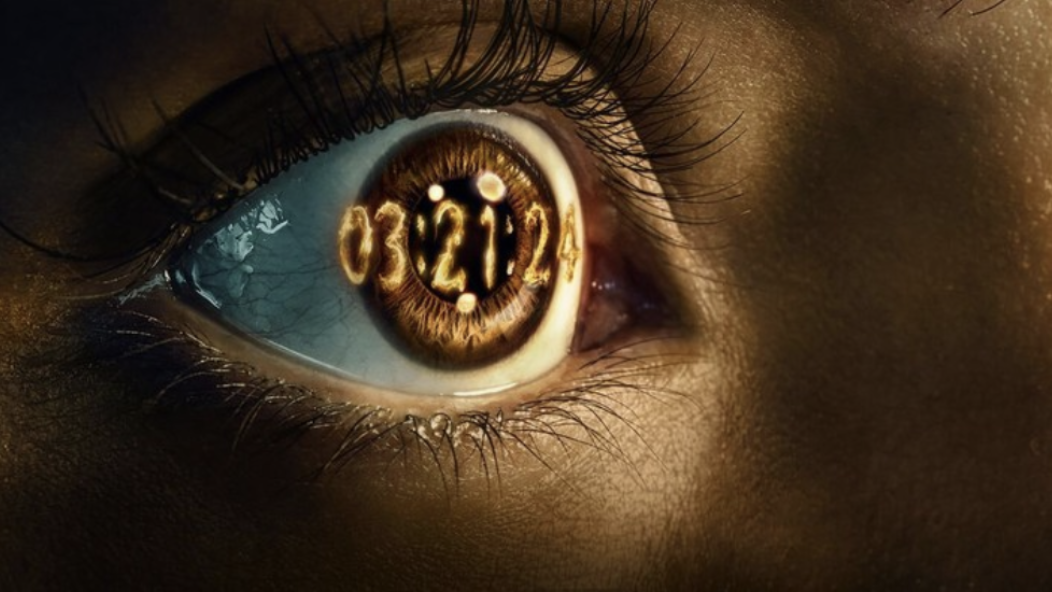Netflix’s adaptation of Liu Cixin’s renowned “Three Body Problem”, has sparked a whirlwind of discussion. The Three Body Problem is the first book of a Chinese sci-fi series that achieved massive success as a novel. The series is set upon the backdrop of the Cultural Revolution, dealing with a past, present, and future that attempts to contact an alien race on the brink of extinction. The author, Liu Cixin, released the book in 2008, going on to win multiple awards. Following its translation into English in 2014, Liu Cixin became the first Asian author to win the Hugo Award for Best Novel (Hugo Awards, 2015). Despite the book’s warm reception, its recent adaptation to screen has sparked debate on foreign adaptations and authenticity.
The show premiered on Netflix with eight episodes on March 21st of this year. According to Forbes, the show has perhaps the largest Netflix budget to date, at 20 million dollars per episode (Campione, 2024). Despite its success, the show’s audience has raised concerns about alterations to characters and plotlines. One of the main points of contention revolves around the portrayal of Chinese characters, as viewers express discontent over the casting of British actors in Chinese roles and the depiction of Chinese characters as “evil”, who require the Western protagonists to be the hero and save the world. This deviates from the original narrative’s nuances and oversimplifies it to a good versus evil dynamic, which many say dilutes the story’s complexity.
Much of the media has jumped on these concerns and covered news stories on the Chinese audience’s supposed outrage. However, on the Chinese social media app Weibo, these supposed “negative comments” are hard to come by. Instead, many posts celebrate the recognition the show has brought, others stating their preference of the Netflix adaptation over the local Tencent (streaming service) one from last year, the gap, according to one user being “as big as the burning of the Old Summer Palace to the last emperor” (He, 2024). Some also share criticisms of the show with its Western viewers, such as the pacing being too slow and taking too long to hit its stride. Some news sites point to the Chinese people’s love of the Tencent edition released last year as a bias towards their own culture, and a closed mindedness to foreign perspectives. But, both the international and domestic adaptations have their merits. As a Weibo user states, “which is better depends on if you like the original work or not” (Where is life not lonesome, 2024).
While there has been a negative reception from some viewers, others have noted the positives of the production, as it brings Chinese literature and culture to Western society. This is important as Chinese representation has been sorely lacking in mainstream media. Certain changes like the novel’s westernization may also allow Western viewers to relate more to the show. Additionally, changes to the plot could have made the show more palatable, as opposed to the original whose complexities make it hard to understand.
Although changes to the source material may be jarring for some, it is essential to note that Liu Cixin himself was involved in the adaptation process from the beginning, as he gave his approval to the showrunners early in the creative process. He endorsed the creative liberties taken and was delighted at the chance to reach Netflix’s large global audience. He was also excited that the project would be led by David Benioff and DB Weiss, who created Game of Thrones, which was “one of the best film and Tv adaptations” he had seen (Barnett, 2024).
From my perspective, many of these changes were unnecessary. There are plenty of successful shows on Netflix that are set in countries outside of the Western world, with languages other than English. Squid Game’s virality further proves that global audiences can enjoy a show with an Asian cast in a foreign language. So what really is the problem of a Chinese show with Chinese characters?
Overall, despite the ongoing debate surrounding the show, it is undeniable that this is a big step for Chinese literature. Furthermore, its contribution to the sci-fi genre is undeniable, as the show has a refreshing take on the story of aliens which stretches our conceptions on what the genre looks like. I encourage you to watch the show for yourself and form your own opinions on this adaptation.
Works Cited
- 3 Body Problem Cast, News, Videos and more. (n.d.). Netflix Tudum. Retrieved May 8, 2024, from https://embed.beta.netflix.com/tudum/3-body-problem
- 2015 Hugo Awards. (2015, March 31). The Hugo Award. https://thehugoawards.org/hugo-history/2015-hugo-awards/
- Barnett, D. (2024, March 28). Liu Cixin: “I’m often asked – there’s science fiction in China?” The Guardian. https://www.theguardian.com/books/2024/mar/28/liu-cixin-author-three-body-problem-netflix-science-fiction
- Campione, K. (2024, April 9). “3 Body Problem” Remains Atop Netflix TV Charts Despite Viewership Decline; “Damsel” Heads Toward Most Popular Film List. Deadline. https://deadline.com/2024/04/netflix-3-body-problem-viewership-damsel-most-popular-film-list-1235879757/
- Chan, H., & Li, G. (2024, March 29). Netflix adaptation of sci-fi novel “The Three-Body Problem” sparks anger in China. Www.ft.com. https://www.ft.com/content/e3a7ec99-e9a4-4d71-a560-c34e411c67df
- 贺晓龙. (2024, April 14). 微博. M.weibo.cn. https://m.weibo.cn/detail/5023143045104271
- Romano, A. (2024, April 12). The Chinese backlash over Netflix’s 3 Body Problem, explained. Vox. https://www.vox.com/culture/24125194/netflix-3-body-problem-backlash-china-changes-criticism

